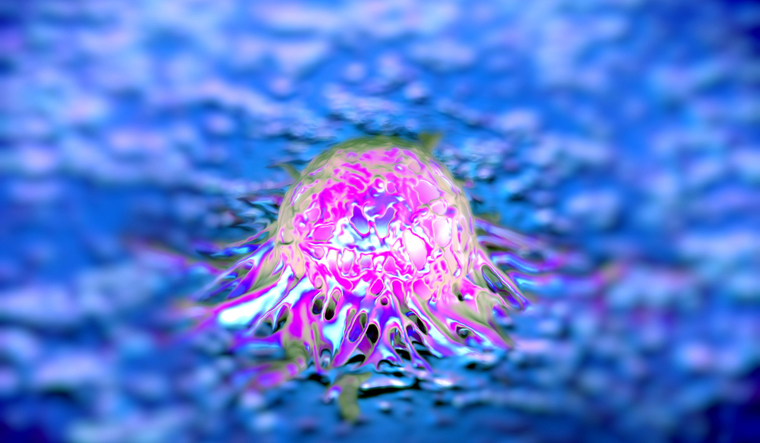They were poring over blood from a bank in Wales. They, being researchers from Cardiff Univresity, were looking for immune cells that could fight bacteria. The blood could have come from anyone, even a multitude of people. What they found, instead, was a T-cell that could kill multiple types of cancer while leaving ordinary cells alone.
While not yet tested with human subjects, in lab tests the T-cell proved able to kill lung, skin, blood, colon, breast, bone, prostate, ovarian, kidney and cervical cancer cells.
The findings, now published in the journal Nature Immunology, spell hope for a “universal cancer therapy” that could be used to target all cancers.
While T-cell-based therapies already exist, such as CAR-T, they are personalised to each patient and useful only for a few types of cancers—and not effective against solid tumours, which are what most cancers result in.
According to the findings posted on the Cardiff University website, the newly-discovered T-cells have a new kind of T-cell receptor (TCR) which can “recognise and kill most human cancer types while ignoring healthy cells”.
While conventional T-cells are known to scan the surface of other cells to find anomalies and remove cancerous cells, they are not usually able to work as a “one-size-fits-all” level. What is different here is the ability of this TCR to identify and target multiple types of cancer.
Writing in the Cardiff University website, professor Andrew Sewell, the study’s lead author, said that while current TCR-based therapies can only be used in a minority of patients with a minority of cancers, the new TCR could prove effective against a wide range of cancers in all individuals.
“Cancer-targeting via MR1-restricted T-cells is an exciting new frontier—it raises the prospect of a ‘one-size-fits-all’ cancer treatment; a single type of T-cell that could be capable of destroying many different types of cancers across the population,” he wrote.
While the finding is doubtless an exciting one, there remains much to be researched and tested before it can convert to actual medicine or treatment.


